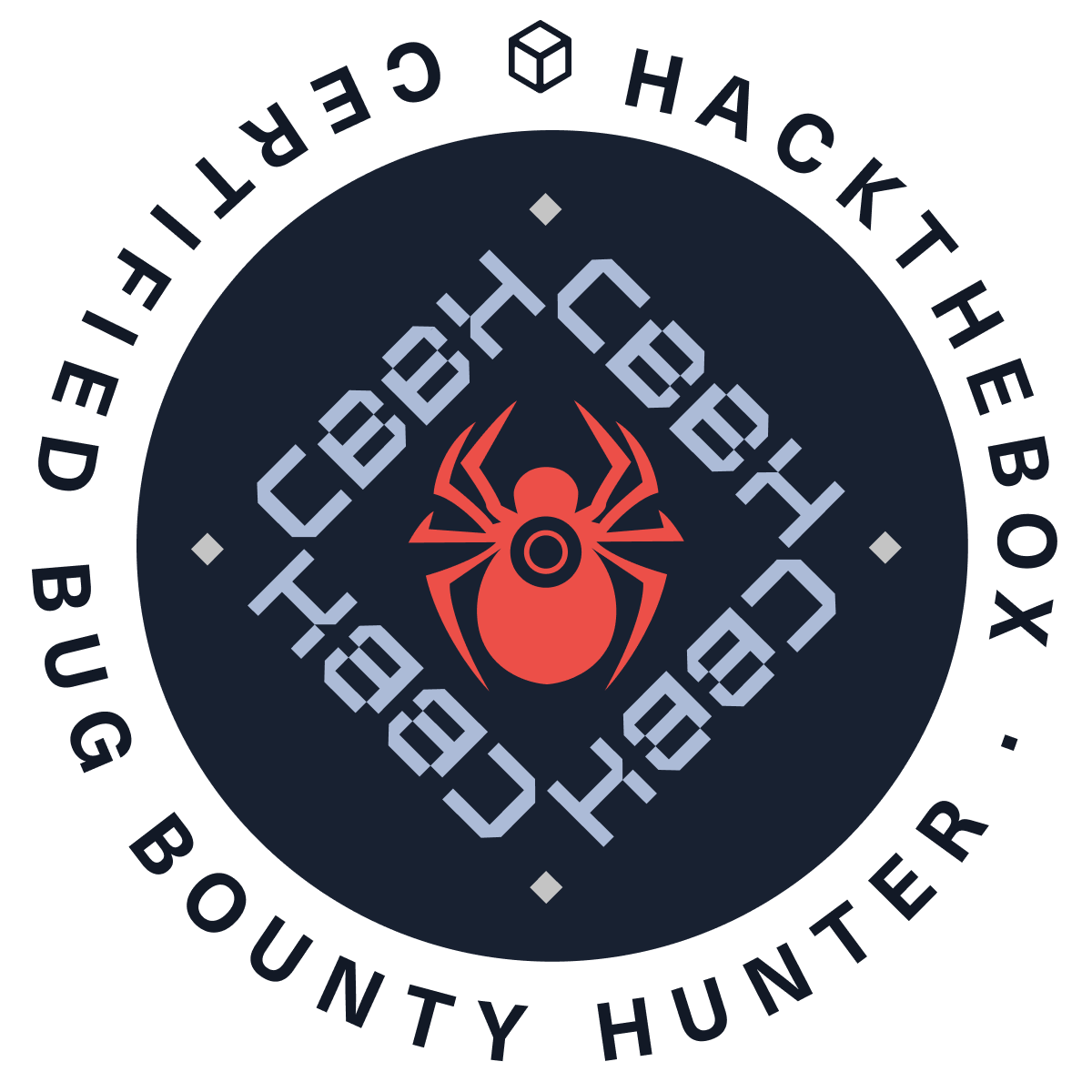The Certified Bug Bounty Hunter (CBBH) exam is a practical certification offered by TCM Security that focuses on real-world web application vulnerability discovery and exploitation, with an emphasis on bug bounty methodologies. It is designed for cybersecurity professionals, ethical hackers, and aspiring bug bounty hunters who want to validate their ability to find, exploit, and report security flaws commonly found in live websites and platforms. Unlike traditional exams that rely on theoretical questions, the CBBH is entirely hands-on and requires candidates to demonstrate their skills in a simulated environment.
The CBBH exam environment consists of five web applications, each containing a range of vulnerabilities similar to those found on platforms like HackerOne, Bugcrowd, and Synack. These applications simulate real-world web technologies and configurations, and they include everything from common bugs to more complex and creative attack chains. Candidates are given 48 hours to exploit the vulnerabilities and collect flags as proof of their success. After completing the technical portion, they must submit a detailed, professional report within the next 48 hours, documenting all findings, exploit paths, and suggested mitigations.
CBBH Exam Report
Topics covered in the CBBH exam include a wide variety of web vulnerabilities such as Cross-Site Scripting (XSS), SQL Injection (SQLi), Cross-Site Request Forgery (CSRF), Server-Side Request Forgery (SSRF), Remote Code Execution (RCE), authentication bypass, IDOR (Insecure Direct Object References), subdomain takeovers, and logic flaws. Candidates must demonstrate an understanding of how these vulnerabilities work in different environments and how to safely and efficiently exploit them.
CBBH Exam Report
A major component of success in the CBBH exam is report writing. Since bug bounty platforms require clear and concise documentation of vulnerabilities, the exam places strong emphasis on the candidate's ability to write structured, detailed, and professional reports. This includes providing steps to reproduce, evidence (screenshots or payloads), and clear remediation advice—key elements that align with what real-world programs expect from security researchers.
To prepare for the CBBH exam, TCM Security provides a comprehensive course that covers both foundational and advanced web security topics. The course includes hours of instructional videos, practical lab exercises, and walkthroughs of common bug bounty techniques and tools. Recommended tools for preparation and use during the exam include Burp Suite, browser developer tools, ffuf, Amass, SQLMap, and custom scripting in Python or JavaScript. The exam is open-book, meaning candidates are free to reference their notes or online materials during the test.
CBBH Exam Report
The CBBH certification is well-regarded in the cybersecurity and bug bounty community. It demonstrates not only technical proficiency in web exploitation but also the real-world skills of proper documentation and vulnerability disclosure. For those looking to start or advance a career in ethical hacking or bug bounty hunting, the CBBH offers both credibility and practical experience.
In summary, the CBBH exam is a rigorous and realistic certification that mirrors the skills needed to succeed in bug bounty programs. It blends technical depth, real-world scenarios, and report writing to produce well-rounded, effective web security professionals.
